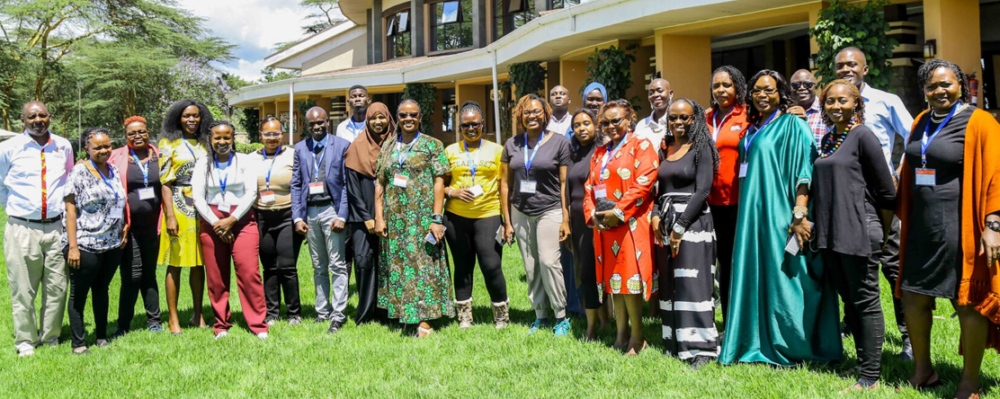
Statement
Public Health Institute and California Project LEAN Applaud USDA Proposed Nutrition Standards for Foods Sold in Schools
-
Focus Areas
Chronic Disease Prevention, Healthy Communities, Women, Youth & Children -
Issues
Nutrition & Food Security, School-based Efforts -
Expertise
Public Policy Advocacy
Joint Statement from Cyndi Guerra Walter, California Project LEAN, and Gabrielle Serra, Public Health Institute
“Public Health Institute (PHI) and California Project LEAN (Leaders Encouraging Activity and Nutrition) applaud the U.S. Department of Agriculture (USDA) proposal, ‘Smart Snacks in Schools,’ to establish minimum nutrition standards for foods and beverages sold in schools.
“ ‘Smart Snacks in Schools’ is a significant step toward ensuring children across the nation have greater access to fruits, vegetables, whole grains, low-fat dairy, and lean protein, and less access to sugar-sweetened beverages.
“These proposed standards are part of a comprehensive effort required by the Healthy Hunger Free Kids Act of 2010 to ensure that healthy food and beverages are available in schools for all children, whether they participate in the federally subsidized school meals or purchase foods and beverages from snack bars, student stores or vending machines.
“Good nutrition is a critical factor in promoting children’s health, and their success in and out of the classroom. Establishing minimum national nutrition standards for foods and beverages sold in schools is an important step to help ensure that healthy choices are the default option for our children. Research shows that competitive food and beverage standards can help reduce the risk for obesity-related chronic diseases. In California–where competitive food standards have been in place since 2007– high school students consumed fewer calories, less fat and less sugar at school than students in states with no competitive food standards in place.
“PHI and California Project LEAN look forward to working with USDA, states and local school districts to ensure the implementation of strong, science-based nutrition standards for foods and beverages sold in schools. We also underscore our commitment to support innovation and leadership in communities across the United States to establish and implement nutrition standards that go above and beyond the federal guidelines for foods and beverages sold outside the school meal programs to improve nutrition and prevent childhood obesity.”
About the Public Health Institute
The Public Health Institute, an independent nonprofit organization, is dedicated to promoting health, well-being and quality of life for people throughout California, across the nation and around the world. For more information, go to www.phi.org.
About California Project LEAN
California Project LEAN, a program of the Public Health Institute, works to advance nutrition and physical activity policy in schools and communities in order to prevent obesity and chronic diseases. For more information, visit www.californiaprojectlean.org.
For Additional Information:
Gabrielle Serra
Senior Associate, Public Health Institute
1901 L Street, Suite 300, Washington, DC 20036
Phone: 202-621-1414
More Updates
Work With Us
You change the world. We do the rest. Explore fiscal sponsorship at PHI.
Support Us
Together, we can accelerate our response to public health’s most critical issues.
Find Employment
Begin your career at the Public Health Institute.



